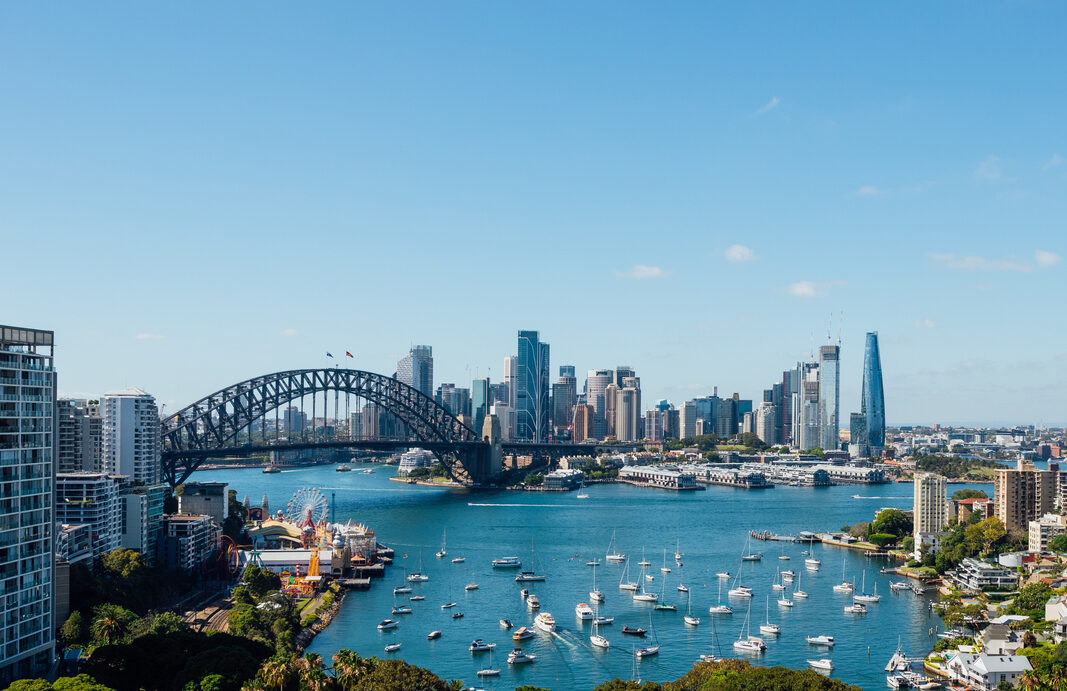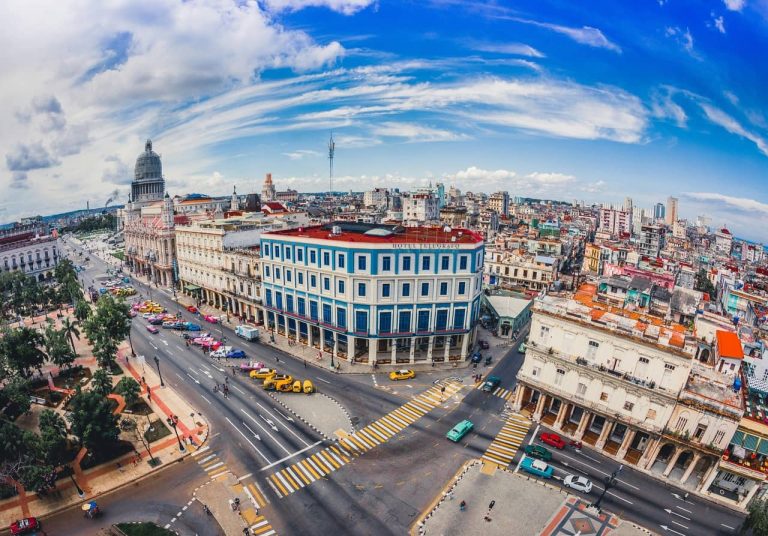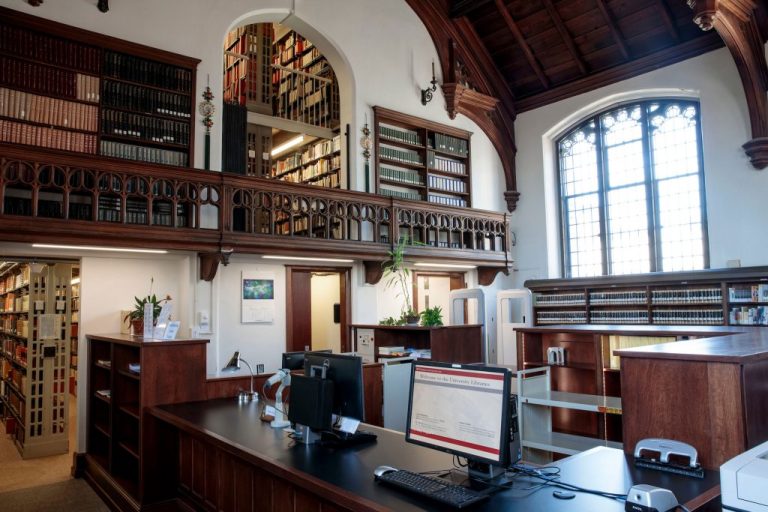Relocating abroad is a big step for many Nigerians seeking career growth, education, and global experience. For those who have already taken this leap, a temporary visa often feels like an incomplete bridge. Whether you’re studying in Europe, working in Canada, or freelancing in Australia, that ticking visa expiration date can be stressful. Most Nigerian expats aim not just for a temporary stay, but for a sense of belonging and stability.
That’s where Permanent Residency (PR) comes in. It allows you to live, work, and study indefinitely in your host country while keeping your Nigerian citizenship. For Nigerians abroad, obtaining PR means better job opportunities, the freedom to move within regions like the EU or Schengen Zone, and access to social benefits, healthcare, and education at local rates.
However, the shift from a temporary stay to permanent residency isn’t automatic. It requires time, planning, and proof that you’ve lived responsibly and integrated into society. This guide looks at how Nigerians can transition to PR smoothly in countries where the process is clear, organized, and attainable, including Canada, Portugal, Brazil, Germany, and Australia.
Understanding Permanent Residency
Permanent residency means legally living in another country indefinitely without being a citizen. PR holders usually have similar rights as citizens, except for voting or running for office. The application process varies from country to country, but one important requirement is that your temporary stay must have been legal and consistent.
Generally, you need to:
- Maintain legal residence for 2 to 5 years
- Pay taxes regularly
- Stay employed or enrolled in school
- Keep a clean criminal record
- Have stable housing and valid insurance
Each of these requirements shows you’ve not just lived abroad, you’ve positively contributed to your host nation.
Canada: From Temporary Stay to Permanent Future
Canada is one of the top destinations for Nigerians wanting to build permanent lives abroad. Its immigration system helps temporary workers and students become long-term residents through pathways like the Canadian Experience Class (CEC), Provincial Nominee Program (PNP), and Post-Graduation Work Permit (PGWP) routes.
Nigerians studying in Canada can apply for PR after working full-time for at least one year under a PGWP. Skilled workers on valid permits can apply through Express Entry or provincial streams based on experience, education, and language test results.
Documents Required
- Valid Nigerian passport
- Temporary residence or work/study permit
- Proof of at least one year of full-time Canadian work experience
- Police and medical certificates
- Proof of income and tax records
- Language test results (IELTS/TEF)
- Proof of funds and accommodation
Steps to Apply
- Create a profile on the IRCC online portal.
- Choose a pathway (CEC, PNP, or Express Entry).
- Upload required documents and biometrics.
- Wait for an Invitation to Apply (ITA).
- Submit your PR application within 60 days.
- Pay processing fees and wait for approval.
Official Website: Government of Canada Immigration – IRCC
Portugal: Building Roots in Europe
Portugal has become one of Europe’s friendliest places for Nigerians transitioning from temporary to permanent residency. With low living costs, mild weather, and a clear immigration policy, it’s an ideal base for those working or studying in the EU.
Nigerians who enter on a temporary residence visa for work, business, or study can apply for permanent residency after five years of continuous, legal stay. The country values integration, and simple proof of tax payments, income stability, and basic Portuguese language skills (A2 level) can lead to PR.
Documents Required
- Nigerian passport
- Temporary residence permit (minimum of 5 years)
- Proof of steady employment or self-employment
- Proof of accommodation (lease or deed)
- Tax identification number and payment history
- Health insurance
- A2-level Portuguese language certificate
- Clean criminal record from Nigeria and Portugal
Steps to Apply
- Gather all documents and ensure translations are certified.
- Book an appointment online with Serviçode Estrangeiros e Fronteiras (SEF).
- Attend your appointment with originals and photocopies.
- Submit biometric data and pay processing fees.
- Wait for confirmation and receive your Permanent Residence Card.
Official Website: Serviço de Estrangeiros e Fronteiras (SEF)
Brazil: Living Permanently in Latin America’s Heart
Brazil’s welcoming immigration policy makes it one of the easiest countries in the Americas for Nigerians to settle long-term. Whether you’re there for work, study, or family reunification, moving from temporary stay to permanent residency is simple. Brazil’s embassy in Abuja also streamlines visa processing directly from Nigeria.
Nigerians working legally in Brazil can apply for PR after four years of continuous stay. Those married to Brazilian citizens or with Brazilian-born children can apply sooner, after one year.
Documents Required
- Nigerian passport and residence visa
- Proof of four years of continuous legal residence
- Employment contract or business registration documents
- Proof of tax payments and income
- Police clearance from Nigeria and Brazil
- Proof of accommodation
- Translated and notarized documents (Portuguese translation required)
Steps to Apply
- Apply for your initial work, study, or family visa at the Brazilian Embassy in Abuja.
- Upon arrival in Brazil, register with the Federal Police within90 days.
- Maintain legal residence and renew your permit as needed.
- After four years, gather all required documents.
- Submit your PR application to the Federal Police Department in your area.
- Wait for background verification and receive your card.
Official Website: Ministry of Foreign Affairs of Brazil
Germany: From Skilled Worker to Permanent Resident
Germany’s immigration system rewards long-term legal residency and contributions. For Nigerian professionals, especially in tech, engineering, and healthcare, permanent residency is attainable through structured programs like the EU Blue Card or Skilled Worker Residence Permit.
Blue Card holders can apply for PR after 33 months, or 21 months if they achieve B1 German proficiency. Those on regular work permits qualify after five years of continuous legal residence. It’s essential to maintain stable employment, contribute to the pension system, and demonstrate integration through language and cultural knowledge.
Documents Required
- Valid passport and residence permit
- Employment contract and salary slips
- Proof of pension and tax contributions
- Certificate of German language proficiency (A2 to B1)
- Proof of housing
- Police clearance certificate
- Health insurance
Steps to Apply
- Contact your local Ausländerbehörde (Immigration Office).
- Submit your PR application form and required documents.
- Provide biometric data and attend an interview.
- Pay processing fees and await approval.
- Receive your PR card, granting indefinite residence rights.
Official Website: Federal Office for Migration and Refugees – BAMF
Australia: Skilled Migration and Permanent Residence
Australia’s immigration system has long welcomed Nigerians, especially professionals and graduates. Temporary residents, like students or skilled workers, can transition to PR through various clear visa categories.
The Subclass 189 (Independent Skilled Visa) is for those qualifying through a points-based system. The Subclass 190 (State Nomination Visa) is for applicants nominated by a state or territory. For those sponsored by employers, the Subclass 186 (Employer Nomination Scheme) provides a fast track to PR.
Typically, Nigerians are eligible after 3 to 4 years of ongoing residence under temporary work or study visas.
Documents Required
- Valid Nigerian passport
- Current visa and record of legal residence
- Educational and professional credentials
- English language proficiency (IELTS)
- Proof of employment and tax contributions
- Police and health clearances
- Evidence of financial stability
Steps to Apply
- Check eligibility for PR through the points-based system on the official immigration website.
- Create an Expression of Interest (EOI) profile.
- Receive an invitation to apply.
- Submit your PR application online with all supporting documents.
- Pay visa fees and schedule biometrics.
- Wait for PR approval and receive your card.
Official Website: Department of Home Affairs – Immigration and Citizenship
Tips for Nigerians Transitioning to PR
- Start Early: Prepare for PR as soon as your second year abroad. Gather employment letters, rent receipts, and tax records.
- Stay Legal: Always renew your visa before it expires. Overstays can delay or block PR eligibility.
- Keep Clean Records: Criminal or tax issues can disqualify your application.
- Integrate: Attend language courses and community events; integration points are important in many countries.
- Consult Experts: Always verify requirements through official government sites or authorized immigration lawyers.
Permanent residency represents more than just a document; it shows that you’ve built a life beyond uncertainty. For Nigerians abroad, the journey from temporary stay to permanent residency requires diligence, legality, and patience. Whether through Canada’s structured pathways, Portugal’s flexible system, Brazil’s openness, Germany’s precision, or Australia’s skill-based approach, the door is open for those willing to follow the rules and prove their value.
A well-planned transition isn’t just about staying longer. It’s about belonging fully, building roots, and securing your place in the world with confidence.






Leave a Comment